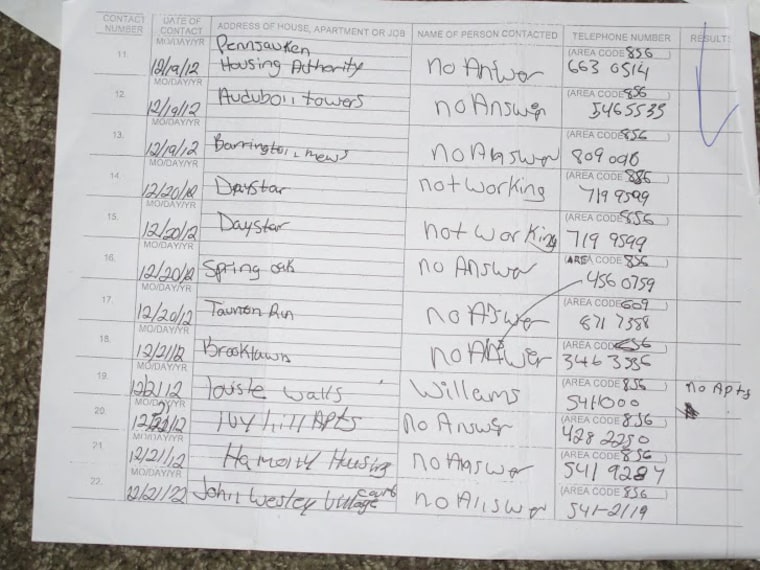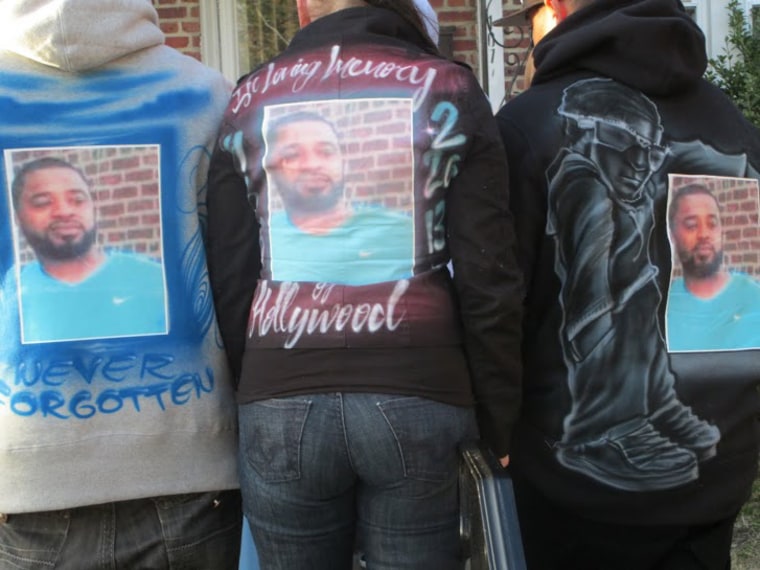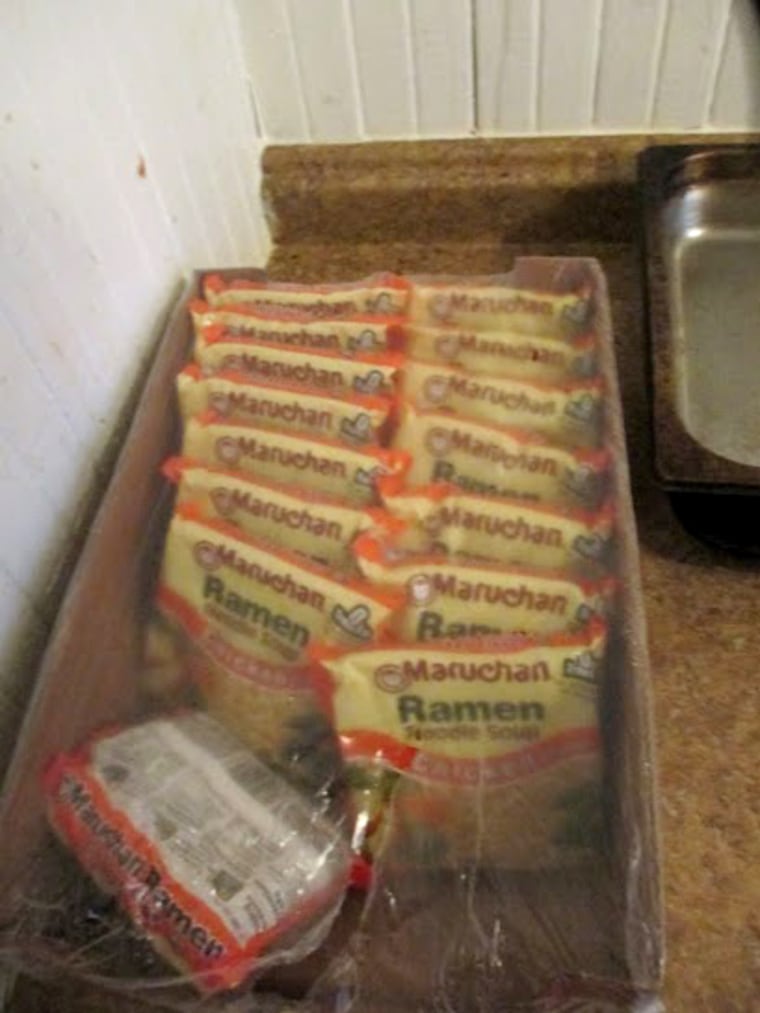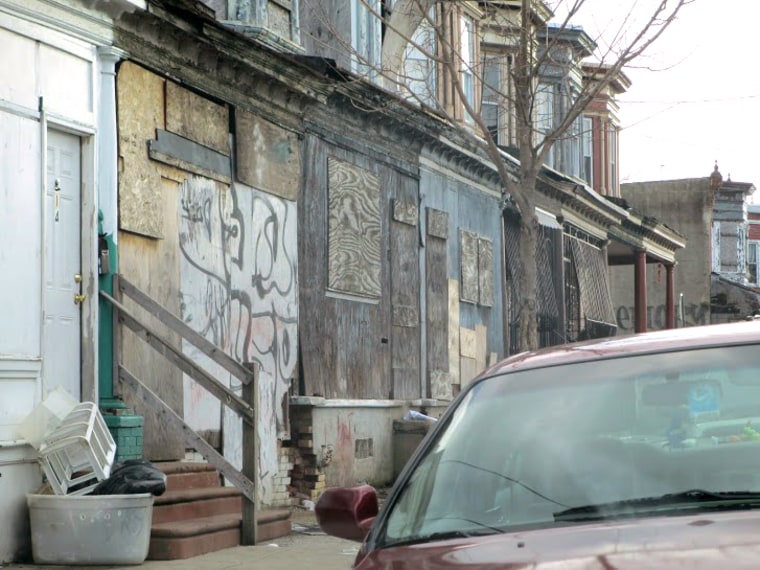When the U.S. Census Bureau released its latest data on poverty in America earlier this week, many experts opined about the statistics and their significance. Less present in the conversation were the voices behind the numbers: the voices of the poor.
“Witnesses to Hunger,” a project of the Center for Hunger-Free Communities, a non-profit organization based at Drexel University School of Public Health in Philadelphia, seeks to change that. Launched in 2008, the advocacy and research project invites parents and caregivers of young children who have experienced poverty and hunger to document their lives through photographs and stories -- and to advocate for changes that could help break the cycle of poverty.
"Witnesses" started in Philadelphia and has since branched out to other cities, including nearby Camden, N.J. Once the proud home to companies like RCA Victor, and the biggest shipbuilding company in the world, Camden is now better known for poverty, violence and blight. According to the new Census data, the overall poverty rate in the city is 39.3 percent; more than half of Camden's children, 53.3 percent, live below the poverty line.
This week, the photos of 10 “Witnesses to Hunger” participants in Camden, all women, are featured in a groundbreaking exhibit at an art gallery there. The participants were given point-and-shoot digital cameras and encouraged to capture images related to the health and well-being of their families and community, problems they want to change, and anything else they want the public or policymakers to be aware of regarding poverty and their lives. The images are on display at a Camden art gallery, Eleven One, through Saturday.
Damaris Alecia, a single mother, took several photos (like the one at top) documenting her frustration with the high number of abandoned, derelict buildings in Camden and the lack of decent housing options. "If [people] have affordable housing and they have heat," she says, "then maybe there would be less violence. There would be less people on the block selling drugs and stuff like that."

Another Witness to Hunger participant, Kathy (she declined to provide her last name), also a single mother, chose to depict what it was like to search for affordable, subsidized housing. After more than three months in a shelter with her two children, she says, she found an apartment for $850 a month, and moved in, but her social services caseworker told her she had to find housing at a lower price.
"I don't know where I'm going to find a two-bedroom for a lower price," Kathy says. "All the housing that's low-income is like a year waiting list or more." And her photo shows the response she got when she tried calling a long list of landlords: no answer. Kathy and her family now live with a relative.
Camden resident Anisa Davis was coming home from the store when she was struck by the image of three friends paying tribute to "Hollywood," a man who had been shot to death in the streets of Camden.

She says her 19-year-old son "has already been caught up in two shootouts. "All you can do is pray and try and keep them off these streets." She says "there are guns everywhere," and amid the "senseless murders going on in this city, I needed that picture. There was so much love on that step that day."

Tanya Smith photographed a box of Oodles of Noodles, "the favorite end of the month meal," she laughed, when her $200 monthly food stamps allowance is gone. "If there's nothing else, you've got the noodles."
Smith, who has been working as a secretary, says she hopes the photo exhibit will show that "people out here are really struggling. They should build more places to feed people and places to sleep."
Alecia, who photographed her two children, 5-year-old Yonell and 7-year-old Amaya, says the only way up may be out. She has applied for low-income housing in another town about 100 miles away from Camden, where she says her kids could get a better education than they're getting in Camden.
"I wish I could move," she says.

